Every time you turn the ignition key, your car sounds dry, and you want to understand why. We have inquired why this happens from automobile experts and here's the information they provided on possible causes for the dry sound.
A bad starter is the main reason your car sounds dry when you turn the ignition key. Issues with your starter system may mean that your starter is not aligned with the ring gear, your starter can't function with the solenoid, or your car has malfunctioning or missing gear teeth.
To discover other possible problems your car might have by simply listening to the noise it makes, you should keep reading as we explain more.
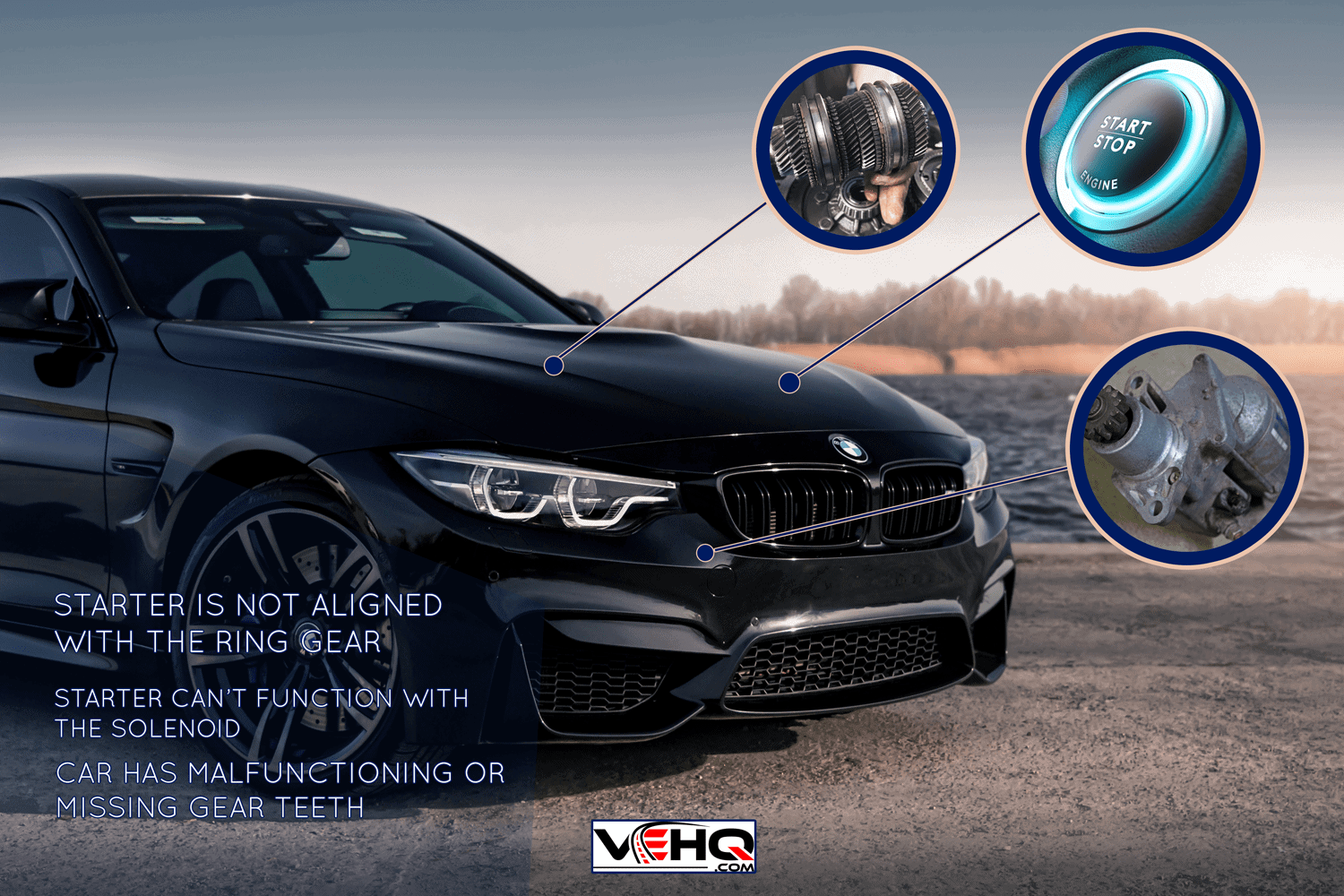
Reasons Your Car Sounds Rough/Dry When Starting
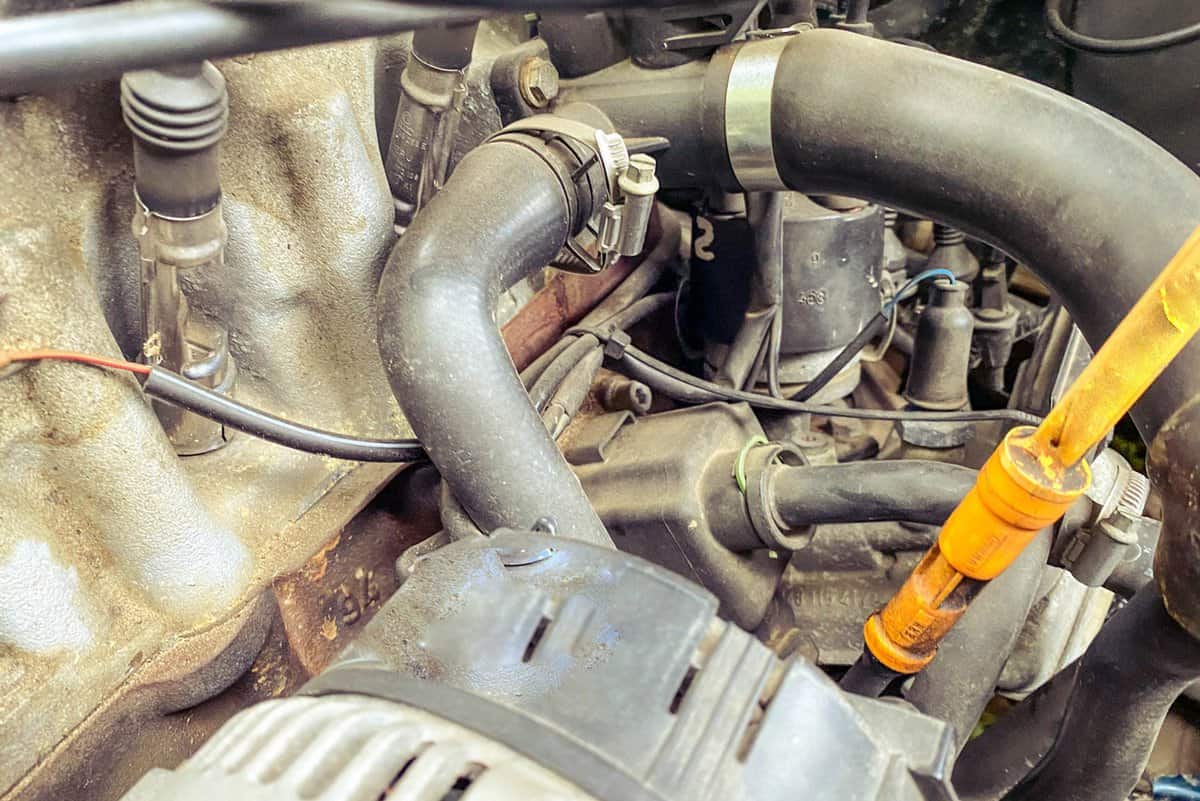
Your car could make that dry, grinding sound due to a bad starter system. The starter system of your car is made up of the starter, the ring gear, the flywheel, and the solenoid.
For your engine to start, the solenoid needs to connect the gear of your starter to the ring gear on your flywheel; the starter needs to spin the flywheel for the engine crankshaft to be activated.
The fact that your car still ignites does not mean that the starter system is manageable. You should know that the grinding sound is a sign that your starter unit is close to total failure.
Usually, it is just the starter that has a problem. Occasionally, it is some component in the starter unit. Either way, you should replace the starter or other components of the starter system, that may be damaged as soon as you can.
Why Does My Engine Sound Weak When Starting?
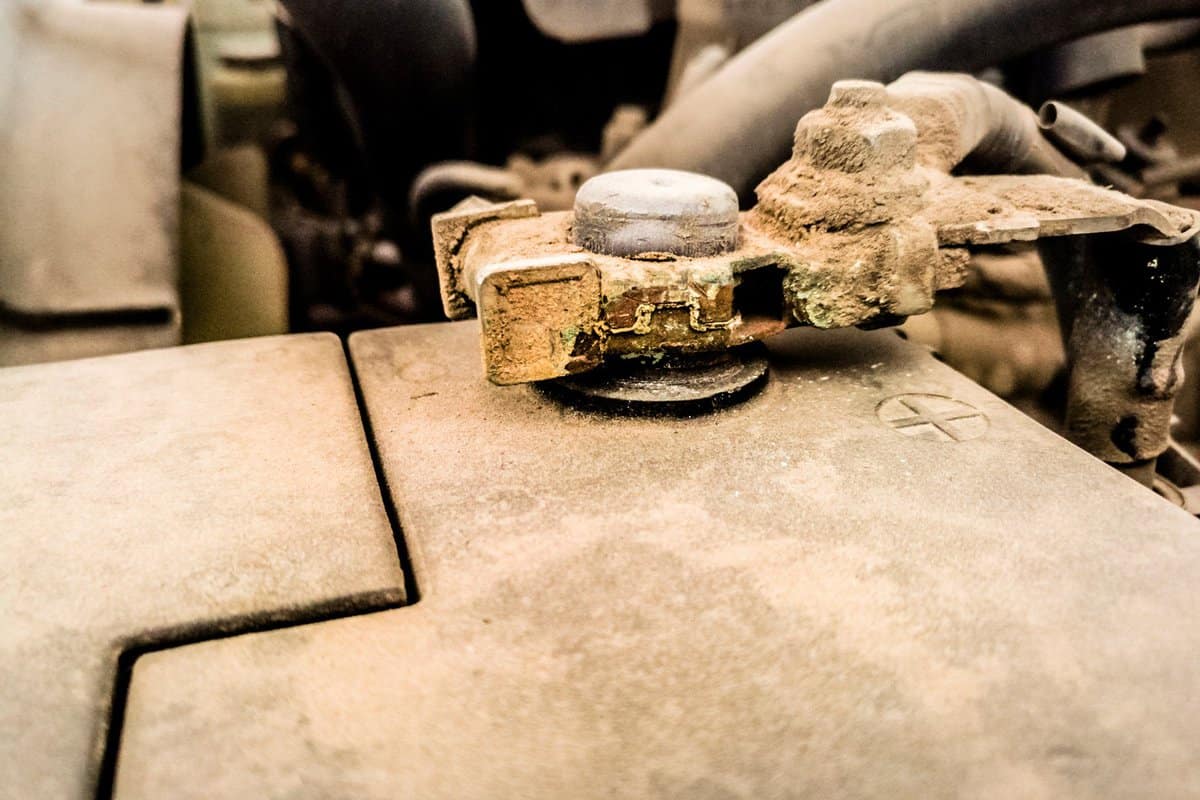
If your engine sounds frail, there is usually a problem with either your battery or starter. While the noise that a malfunctioning starter makes is a grinding sound, the noise is different when the starter completely goes out.
A damaged starter usually makes a clicking sound when you turn the ignition key or you hit the start button. If the starter is not completely attended to over time, the starter may make no sound at all.
What Are The Symptoms of a Faulty Starter?
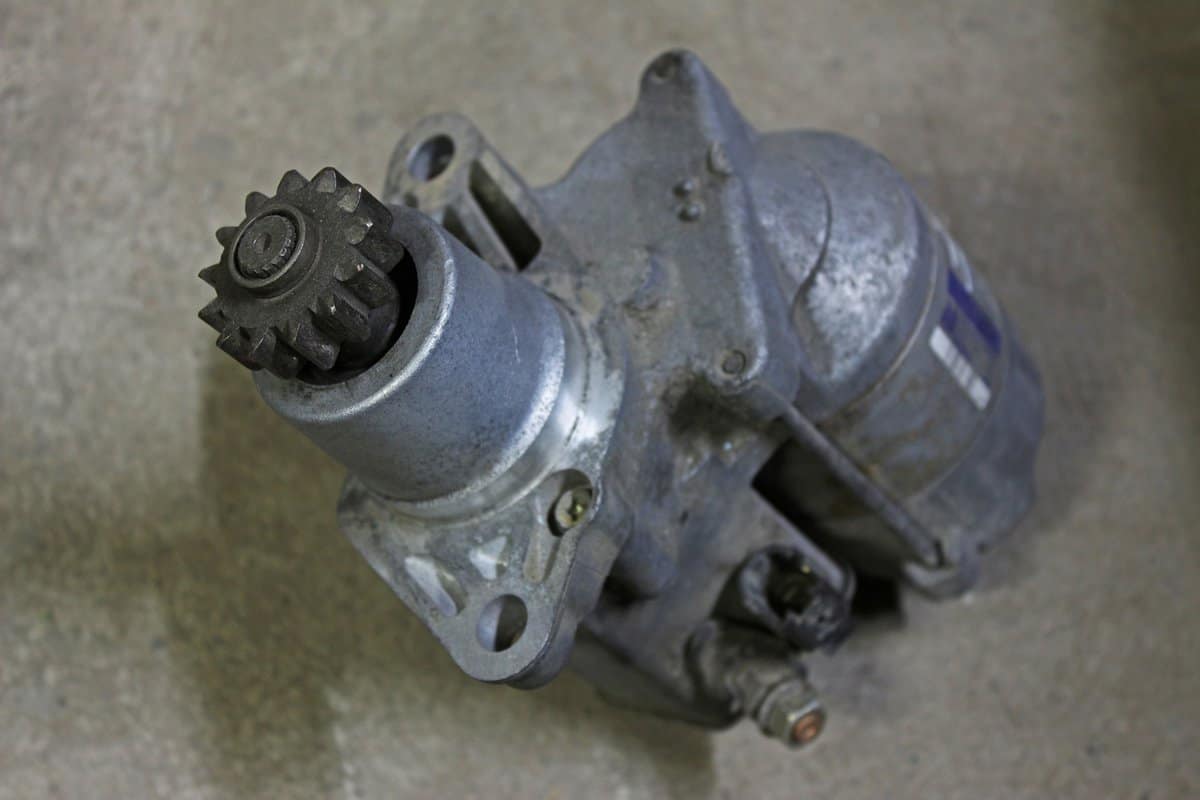
There are several symptoms of a faulty starter. Here are five common signs that your car has a faulty starter:
- You hear a clicking sound when you turn the ignition key or press the ignition button.
- You see the dashboard lights switch on but the engine is not responding.
- You have tried jump starting, but your engine is not revving up.
- You discover that your starter is soiled with engine oil.
- You see smoke emanating from your car.
How Can I Test My Starter?
There is a short step-by-step procedure to check your starter. You would need the following equipment: a voltmeter, a multimeter, spanners, wrenches, and a jumpwire. With these tools in hand, you can now follow this step-by-step procedure:
- You should find the starter solenoid beside the starter. It is a small-size cylindrical-shaped component attached to the starter.
- You should test the functioning of your battery by checking the voltage of your battery with a voltmeter.
- You should attach the jumper cables in the middle of the input solenoid terminal and the control circuit terminal. If you have fixed the jumper cables correctly and you do not hear a strong clicking sound, you may have a damaged starter.
- While activating your starter at both times, attach the multimeter to the battery, and to the solenoid, and compare the reading of both. If they are the same, it would mean that your car starter is the problem.
How Can You Tell When a Spark Plug is Bad?
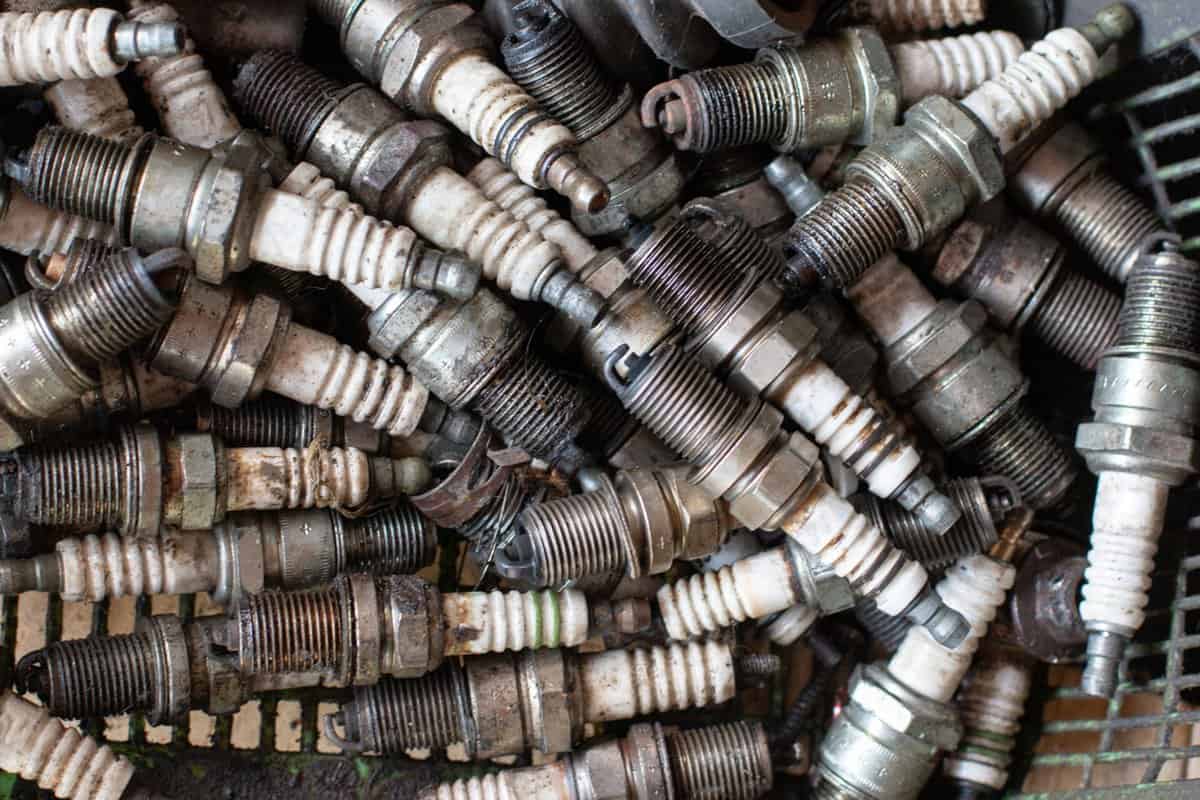
Here are certain signs that signify that your spark plug is bad:
- Your car is not starting properly.
- You are running out of fuel more than usual.
- The engine is not working smoothly.
- The car is moving slowly and not accelerating.
- Your car is rumbling and vibrating.
Common Car Sounds You Should Be Concerned About [ Plus How to Stop Them]
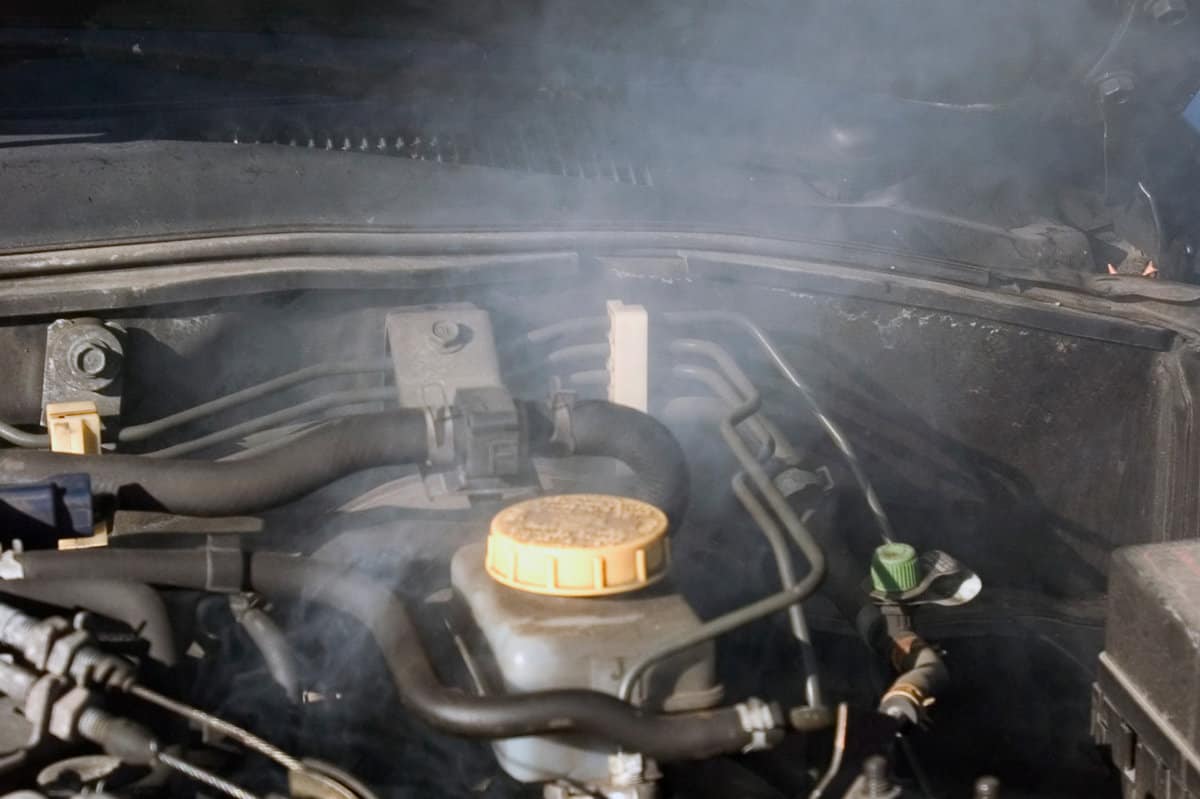
Most engines produce sounds from time to time. This is inclusive of your car engine. There are certain sounds that are normally produced by cars. However, there are some sounds produced by a car that could mean that certain parts are malfunctioning.
The dry grounding sound is one of the many possible sounds that signify that a car is having problems. There are other possible sounds. The following are certain sounds you should also be concerned about.
Whining
If you hear a whining sound when you are turning, it may be that you are running out of your power steering fluid. When this fluid is low, the lines can be filled with air and cause a whining sound.
If you notice this sound, you should examine your power steering fluid. You may simply just need to refill the fluid.
Humming Noise
If you hear a humming noise from time to time that increases in volume when you accelerate, your tires are bad. It may be that your tires are old, worn out, or underinflated.
If your car begins to produce a humming noise, you should examine your tires. A leak may require that you patch the tires or you change them completely. In the case of an under-inflated, you should simply inflate the tires.
Squealing
If you hear a loud squealing as your car starts, it may be an issue with your serpentine belt. Usually, this sound comes from the front of the vehicle where the serpentine belt is located.
The serpentine belt, which is a very important part of your vehicle, is a lengthy rubber belt wrapped around the wheels and pulleys, whose locations are just ahead of your engine.
While there may be several reasons why your serpentine belt may be making such squealing sounds, the most common reason is wear and tear.
With time and use, the serpentine belt becomes fragile, which results in a weird sound. It is very important that you get a new one as soon as you can.
Clicking Noise
If your car makes a clicking noise, you should know that it may be a sign that there is an issue with your CV axle. This type of clicking sound usually occurs when you are turning.
It is important that you examine your CV axle and the grease between the axles. In the case of damage to the CV axle, a new one should be purchased. In the situation where the grease is low, you should refill the grease and change the boot.
Rattling
Usually, this rattling sound occurs at the wheels whenever you pass over bumps. Oftentimes, the reason for this type of sound is bad bushings.
Bushings are synthetic parts of your car suspension system that reduce vibrations and frictions. Bushings are subject to wear and tear over time, and their malfunction can cause this sound.
There are other minor reasons that may be the cause for the rattling sound. Other causes include issues with struts, ball joints, shocks, sway bar link, etc.
To fix the rattling sound, first, you would need to be sure about the sound. We explained that this sound is usually heard when you are going over bumps. But to be certain that your vehicle makes this noise you would need to be outside the car. So you have three options.
You could require the assistance of someone to drive the car over a bump while you pay keen attention to the sounds your car makes.
On the other hand, you could examine your vehicle at a stationary position by using a bouncing test. Because examining your vehicle at a stationary position is preferable, a bounce test is the best method.
Screeching
A high-pitched sound when you hit the brakes could mean that there is a problem with your brake pads. The higher the screeching sound the more serious the breakdown of your brake pads.
What is required to fix the screeching sound is that you do not repair your brake pads but rather that you replace them. The brake pad is a very important safety component and it is very important that it is fixed early.
Conclusion
We have explained why your car sounds dry when starting, the sounds a vehicle could make while faulty, what the sounds mean, and how to fix them.
Remember to always pay attention to the sounds your vehicle makes from time to time and to seek professional assistance when you have reason to believe that it is faulty.
To learn more about car noises, check out these engaging articles
